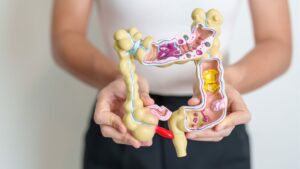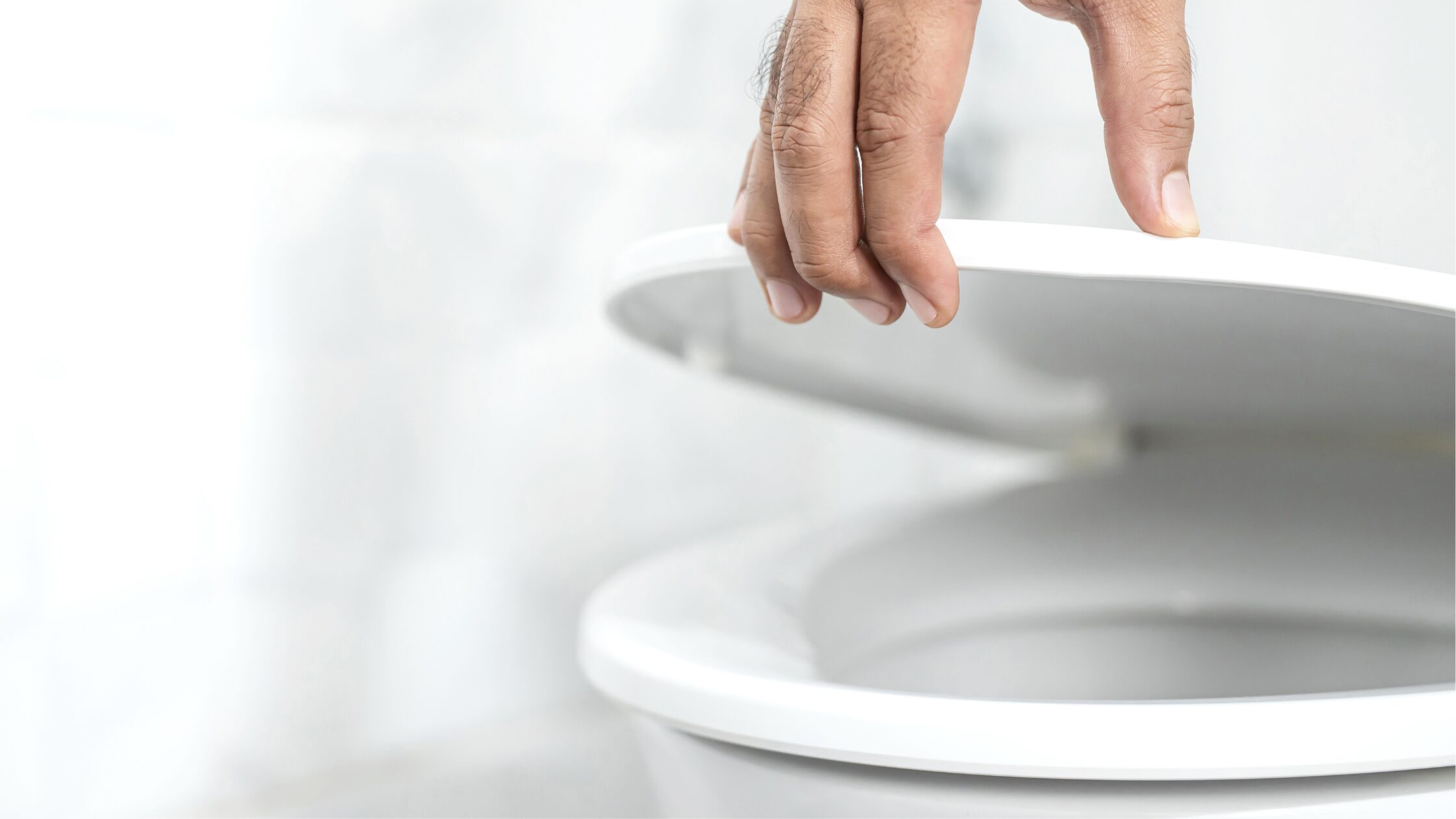.
After talking about natural fertilisers from animals and natural fertilisers from plants, it’s only logical that we follow this path and get to natural fertilisers from humans.
Urine

To put it bluntly, this is certainly the best and most useful tip of this whole fertiliser series. As far as fertilisers are concerned, urine is the non-plus-ultra. It contains everything your plants need, it’s free and it’s always available. When you complement this gold water with mull from manure and compost, your garden is well provided for.
Advantages of urine
Urine is an extraordinary raw material for maintenance fertilisation during the growing season. It’s rich in nitrogen, works fast and is produced right “on-site”. An average adult urinates three to seven times per day and thus releases about 2 litres of urine.
With a person’s annual urine production, 50 – 350 square metres of cropland can be fertilised. A general recommendation is to fertilise with one to two litres of urine per square metre during cultivation season. The exact amount depends on the plants you grow and the soil you grow them in. In any case, an amount of 200 ml of concentrated urine per square metre should not be exceeded.
Urine is also a great compost accelerator. Compost sometimes consists of so many carbon-rich materials that the decomposition of leaves and dry twigs for example is affected. In that case, you should try to achieve a balanced ratio between carbon and nitrogen. Urine with its high nitrogen content can help with that. Put some urine onto the compost and thus accelerate the composting process.
Nutrient content of urine
One litre of urine contains about 7.4 g nitrogen, 0.6 g phosphorus and 1.6 g potassium. That said, urine has relatively much nitrogen and relatively little potassium. For that reason, it is especially suitable for potassium-rich soils like loam. Urine consists of about 95 % water and substances like urea, chloride, sodium, potassium and creatine. Fresh urine has a neutral pH value and usually carries no pathogens. In the body, urine is sterile. Bacteria can sneak in on its way out of the body or at handling. That’s harmless, however, when you fertilise with your own urine and thus can control your “fertiliser production”.
Disadvantages of urine
Some drugs and chemicals leave traces in urine. Most of those substances degrade quickly but that’s not the case, for example, for hormones like those in hormonal conception control. Those hormones decompose slowly and harm animals and the environment when they seep into the groundwater.
Hobby gardeners fertilising with urine usually know where it comes from. If a member of your family is treated with medicine like for example penicillin, you should refrain from collecting this person’s urine.
Some plants are sensitive to salt in the soil and on the leaves. Depending on your food, your urine may contain salts as well. If you’ve eaten a lot of salty food, you shouldn’t use the resulting urine as fertiliser.
Fertilising with urine
About one month after basic fertilisation in spring (for example with manure or compost), we must start to fertilise for maintenance. In early and high summer, the plants grow so fast that they need a “snack” to help them reach their full potential and provide us with a great harvest.
Urine is usually used for maintenance fertilisation as it provides a lot of nitrogen.
To fertilise with urine, dilute one part of urine with 9 parts water. The colour of this fertiliser should be pale, like very weak tea and it shouldn’t smell of anything.
Water the soil with this dilution but not the plants and don’t fertilise shortly before harvesting.
Make sure to not over-fertilise. It’s better to use too little than too much of it.
If you fertilise with urine only, add organic matter to the soil.
Faeces

Human faeces often cause a feeling of disgust but when writing about natural fertilisers I can’t leave this topic out. If that stinks for you, you needn’t read any further. If, however, you rise to the challenge, take a deep breath. We’ll open the toilet door…
In general, humans must defecate once a day, regardless of their sex, age, ethnicity, social class, weight, religion, culture or values. In some parts of the world, human excrement is a possible source of diseases. In the Western world, we flush away our heaps with just a touch of a button.
Advantages and disadvantages of human faeces
Human (like animal) excrements contain nutrients that are suitable for plants. Urine contains the most nutrients and is especially rich in nitrogen. Faeces contain mull material and nutrients like nitrogen, phosphorus and potassium. In the Western world, every person releases about 5 kilograms of nitrogen and 0.6 kilograms of phosphorus per year into the sewer system, together with about 20 m3 of drinking water.
Contrary to urine, stool may contain pathogens (bacteria, viruses and parasites) and must be composted or stored before you can use it as a fertiliser for edible plants. The compost must reach temperatures of at least 50 °C to ensure that harmful organisms die. If faeces are not heat-composted, they have to be stored for at least two years before that compost can be used in the vegetable garden.
Composting faeces
Before composting faeces in your garden, please research if it is allowed in your region. In Germany, for example, you can do it as long as there is no danger to the environment. It must be guaranteed, for example, that the faeces won’t be washed off by rain. Also, one has to make sure that there is no smell. However, composting faeces is forbidden if the garden is situated in a water protection area.
If you want to try composting faeces, you must separate the faeces from the urine and collect them. There are so-called “dry toilets” that help you with this process. When the toilet is full, make a compost heap of the faeces in your garden. Let it rot for about one year and then shovel it to another place so that the microorganisms and soil organisms can accelerate the composting process. After 2 –4 years the compost is hygienically safe and can be used as natural fertiliser for your garden.
Conclusion
I have never used natural fertilisers of human origin in my garden. I could envisage trying urine as a fertiliser but using faeces compost is not an option for me right now. Call me narrow-minded if you like, but it simply doesn’t feel right. However, if you want to try it, go ahead. And if you have tried it already, please leave a comment below and tell us about your experiences.


0 Comments